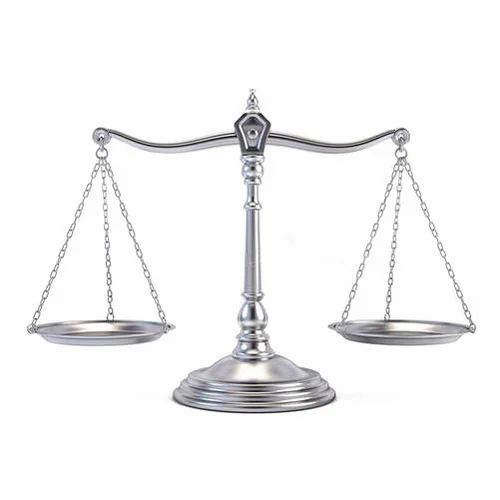Sac Arrow
Touchdown! Greaser!
- Joined
- May 11, 2010
- Messages
- 20,327
- Location
- Charlotte, NC
- Display Name
Display name:
Snorting his way across the USA
Is a British Stone. But... all the references I've come across are ambiguous as to whether it is a measure of weight, or mass. Some say it's a weight. Some say it's a mass. Since it's defined as being fourteen pounds (presumably lbf not lbm) by conjecture it should be a weight.
Anyone know definitively?
Anyone know definitively?


